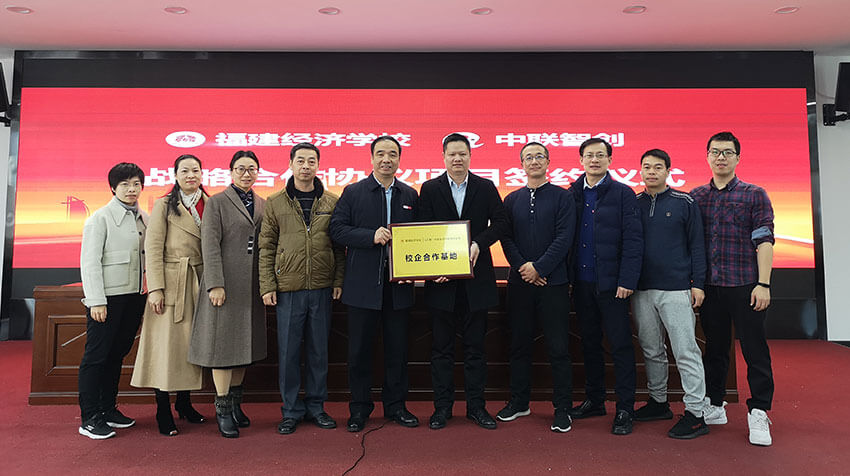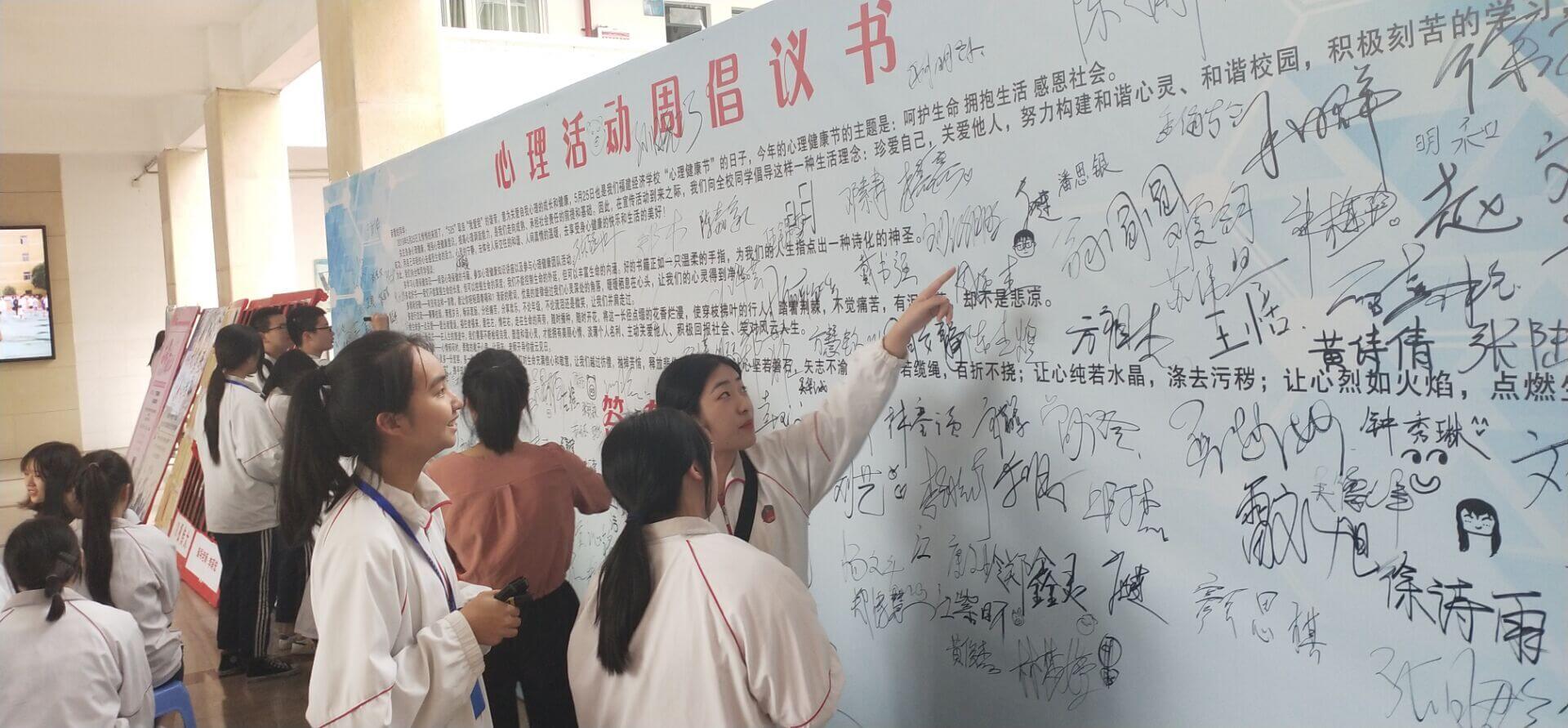Founded in 1965 and renamed in 1995, Fujian Economic School is affiliated with the Fujian Provincial Supply and Marketing Cooperative. It is a national-level model secondary vocational education and training institution and a Class A project school for modern vocational education in Fujian Province, focusing on finance and trade majors while also covering engineering and art. Located in Fuzhou, Fujian Province, the school has two campuses in Meiting and Shipu, both in Gulou District and Cangshan District respectively, with convenient transportation and a rich cultural atmosphere. The campus features a beautiful environment, complete facilities, a rich collection of books, a strong cultural atmosphere, and well-developed informatization, highlighting the characteristics of vocational education.
Education Informatization + Cultivation of Outstanding Social Talents Industry-academia cooperation has achieved information and resource sharing between schools and enterprises. Schools utilize the equipment provided by enterprises, while enterprises do not have to worry about the venue for talent cultivation. This cooperation model realizes the organic combination of students' learning at school and enterprise practice, allowing for complementary advantages in equipment and technology between schools and enterprises, and saving costs in education and enterprise operations.

Win-Win-Win for Schools, Enterprises, and Students Schools: This model aligns with the inherent laws of vocational education development and promotes its growth. During the cooperation, schools effectively improve teaching quality, strengthen ties with enterprises, and achieve a "win-win" situation with employers. Schools can also select future industry partners, gradually expanding cooperation from establishing internship bases to exploring and reforming existing talent cultivation models, accelerating the development of both vocational schools and enterprises.

Enterprises: Schools assist enterprises in aligning their human resource development plans with the school's curriculum and encourage enterprises to entrust employee training to the school. This close integration reduces the costs of human resource development and vocational training for enterprises. Students learn professional skills in enterprises, and enterprise technical personnel enhance their own capabilities through teaching. Through industry-academia cooperation projects, enterprises can transmit their culture and philosophy to teachers and students, expanding the influence of their brand and intangible assets.

Students: This model meets the needs of students' career development, promotes their employment, and enhances their competitiveness. Through industry-academia cooperation, students generally develop a strong vocational awareness and are capable of taking on production roles during internships. Students experience enterprise management on the front lines of production and services, receive hands-on training from experienced mentors, and live and work alongside enterprise employees. They can personally experience strict production discipline, meticulous technical requirements, the hardships of labor, the value of collaboration, and the joy of success, ensuring a smooth transition from graduation to employment.